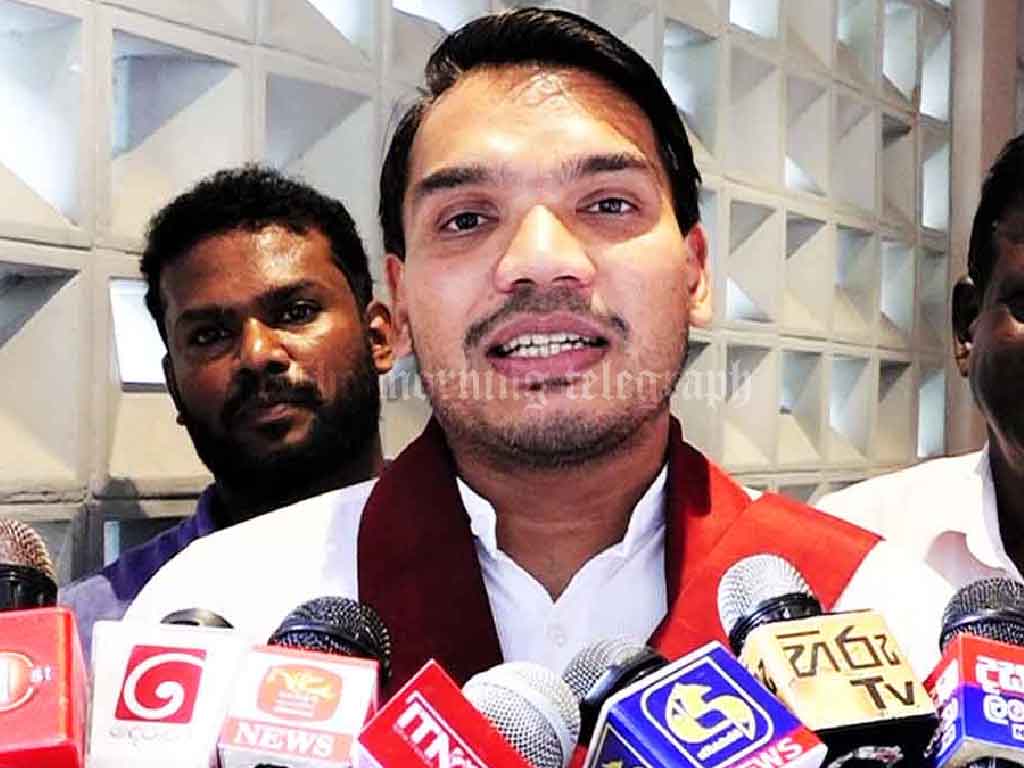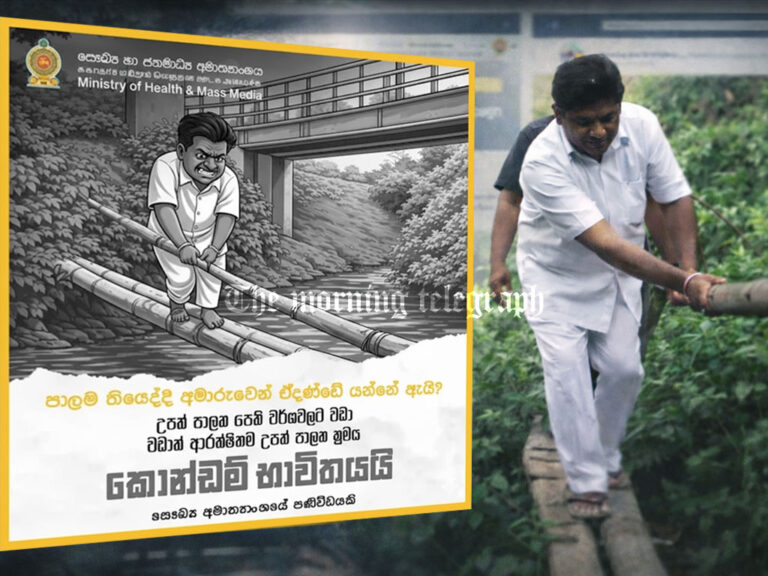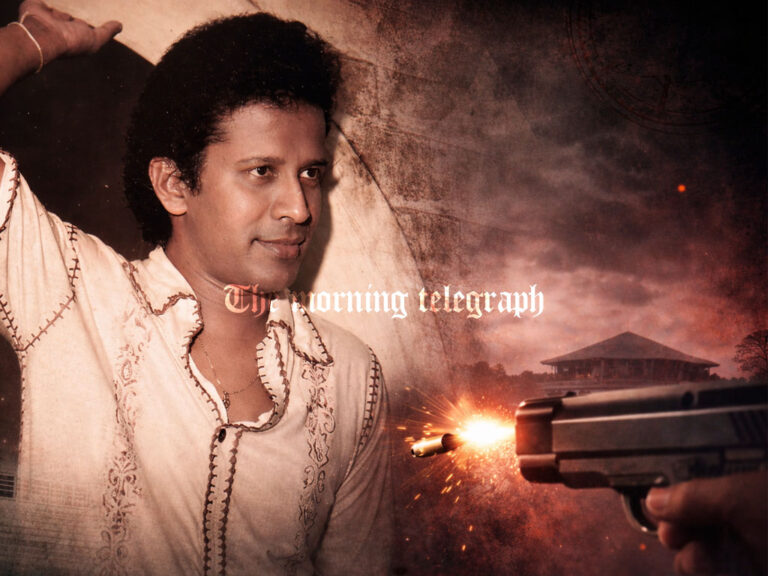
In a fiery response to allegations of hidden wealth stashed abroad, MP Namal Rajapaksa challenged critics to either prove their claims or retract them. Speaking after a religious event in Mihintale, Rajapaksa mocked the accusations of assets in Uganda and Seychelles, saying, “If we have property anywhere in the world, enforce the law for it. Otherwise, acquit us. But don’t just throw baseless accusations.”
Rajapaksa took aim at what he called a “political trend” of labeling all rivals as thieves without evidence. He also proposed laws to punish false accusers, arguing that such allegations not only damage reputations but also waste public funds. “While thieves must be caught, we also need laws to deal with character assassination through false accusations,” he said, emphasizing the personal toll on families and children of accused individuals.
Turning to politics, he reflected on the recent electoral challenges faced by his party following the government’s collapse. He acknowledged the people’s rejection of outdated politics and highlighted the need to adapt to changing voter preferences. Despite setbacks, Rajapaksa expressed optimism about his party’s reorganization and its potential to become a strong opposition force committed to addressing public issues.
A key focus of his critique was the government’s handling of the fertilizer subsidy, an issue critical to the farming community. Rajapaksa accused the current administration of failing to deliver the subsidy on time, drawing a sharp comparison to the past when opposition parties like the JVP rallied for farmers’ rights but have now struggled to meet those same demands in government.
Rajapaksa also touched on broader political dynamics, criticizing factionalism and disputes over national list appointments within opposition parties. He argued that these distractions undermine the opposition’s ability to unite and address pressing public concerns.
In closing, Rajapaksa called for a united opposition to challenge the government on behalf of the people. While acknowledging policy differences, he stressed the need to focus on shared goals to hold the administration accountable. “The people are tired of political bickering. It’s time to move past internal squabbles and become the real opposition this country needs,” he said.
His sarcastic comments and direct challenges reflect the charged political climate as parties navigate public discontent and increasing scrutiny over governance and accountability.




